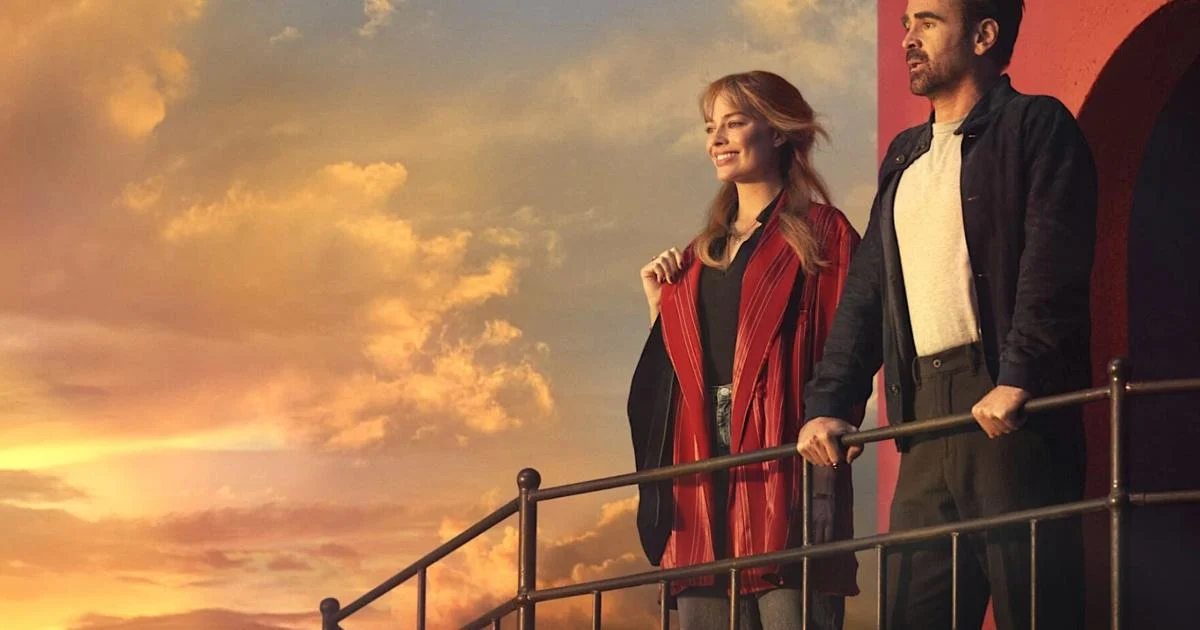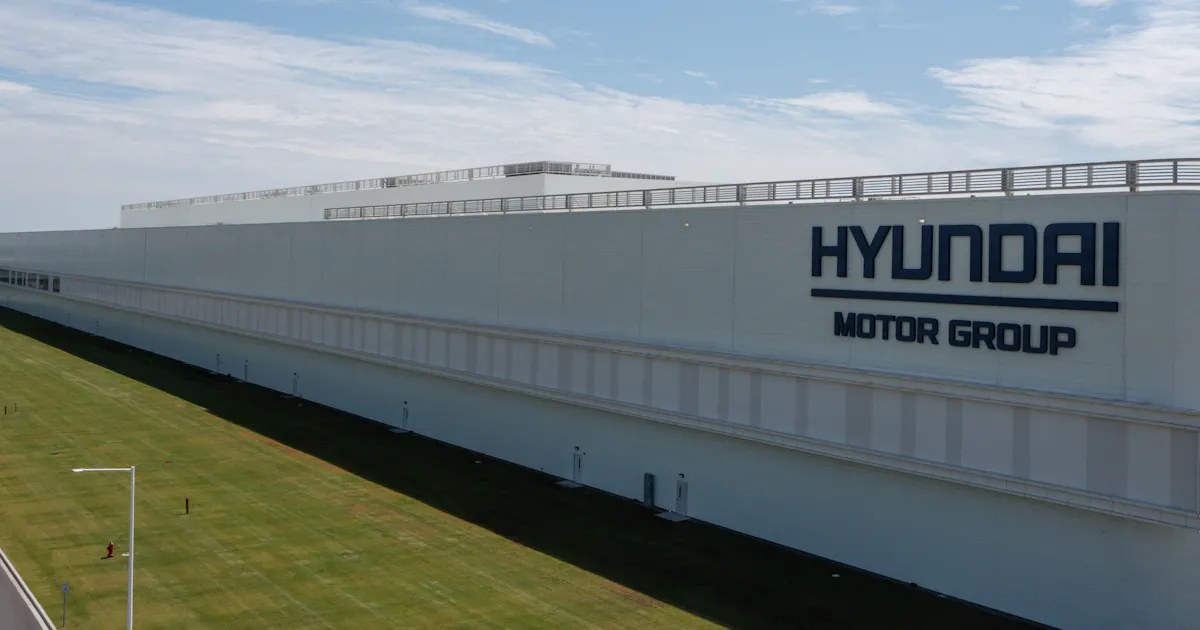Review: Margot Robbie and Colin Farrell’s fantasy romance, ‘A Big Bold Beautiful Journey,’ is a big blah dud
By Peter Howell
Copyright thestar

Where’s Rod Serling when you really need him? If ever a film wanted a gatekeeper with a knack for the supernatural and a punchy closing moral, it’s this one.
Decades after “The Twilight Zone” taught us to be careful what we wish for, Kogonada’s romantic misadventure “A Big Bold Beautiful Journey” tries to resurrect the late Serling’s formula: enigmatic treks, magical objects, life lessons at the signpost up ahead. What it delivers, instead, is a rom-com road trip with some whimsy but scant wonder, driven by a magical GPS with more personality than the human leads.
The film straps us in with two lost souls, played by Colin Farrell (all hangdog charm) and Margot Robbie (incorrigibly distant). They’re named David and Sarah but could be any movie couple who drift into each other’s flirtation zone at a mutual friend’s wedding.
In short order, they’re sharing a rental car — an antique Saturn, no less — fitted with a magic GPS (voiced tersely by Jodie Turner-Smith) that reroutes them into elaborate detours through their own past pains and greatest life hits. “The Twilight Zone” echoes are loud (see “Walking Distance” and “A Stop at Willoughby”), but sincerity is in short supply.
Kogonada, whose early films “Columbus” and “After Yang” found real poetry in small moments, spins his wheels here. The screenplay by Seth Reiss, fresh off the acidic bite of “The Menu,” grinds down its life lessons to platitudes as smooth as fast-food containers: convenient, disposable and delivered with all the conviction of an algorithm.
Why is the rental car central to the story? It allows Phoebe Waller-Bridge and Kevin Kline cameo fun as a pseudo-surreal desk clerk and mechanic, doling out Saturn keys with just enough oddball energy to remind viewers how much sharper the film could be.
Burger King gets a starring role in an early scene, product placement so blatant even the lead actors look like they’re reconsidering their career choices.
David and Sarah’s drive is a magical mystery tour of memory doors: a windswept lighthouse from David’s childhood, an art museum loved by Sarah’s mother (Lily Rabe), and a high school production of “How to Succeed in Business Without Really Trying,” which at least succeeds in momentarily goosing the fading screen energy.
Here, David has mixed emotions reliving teen thrills (he’s a stage ham) and angst (he’s spurned by a girl), while Sarah gets her own pit stops in melancholia: an estranged mother, a trail of failed relationships, and the kind of trust issues meet-cute movies like to resolve in less than two hours.
None of this would matter if the main pair displayed genuine curiosity, concern, or even shock at hurtling through their most private traumas under the direction of a bossy GPS.
But they don’t. Most scenes glide by in a lightly sedated fog; even a dreamlike hilltop moment, where they gaze back at Earth from what seems like space, barely raises a pulse.
There’s plenty of talent on display, some sharp supporting turns (Waller-Bridge, as ever, pulls fun out of thin air with her fake German accent), and Kogonada doesn’t forget his Ozu-tinged visual touches: pools of saturated colour, a moon sliding behind a hill, all the beauty his earlier films captured so easily.
Yet the pretty surfaces aren’t enough. The film’s emotional stakes remain weightless; its insights never land. A limp cover of “Let My Love Open the Door” wafts over the soundtrack, a sonic greeting card unwilling to risk heartbreak.
If “A Big Bold Beautiful Journey” sounds convoluted, that’s because it is. But its biggest sin isn’t confusion; it’s indifference. The film is so enamoured with its own premise — so sure that retro rental cars and magical realism will solve everyone’s problems — that it never notices the magic dissipating with every kilometre.
Moviegoers hoping for Kogonada’s next great leap after the haunting humanity quest of “After Yang” or the elegant stillness of “Columbus” may feel a bit like David and Sarah themselves: endlessly on the scenic route, longing for a destination that never arrives.



